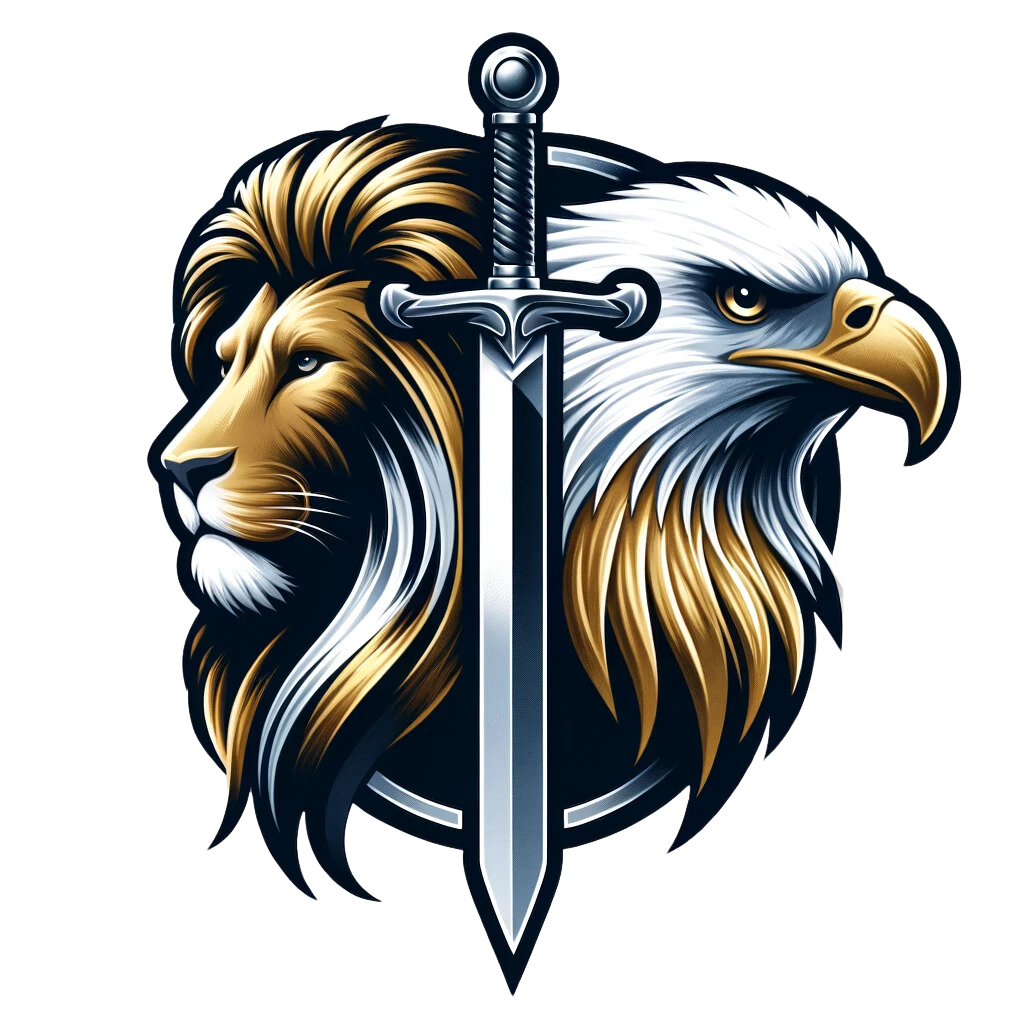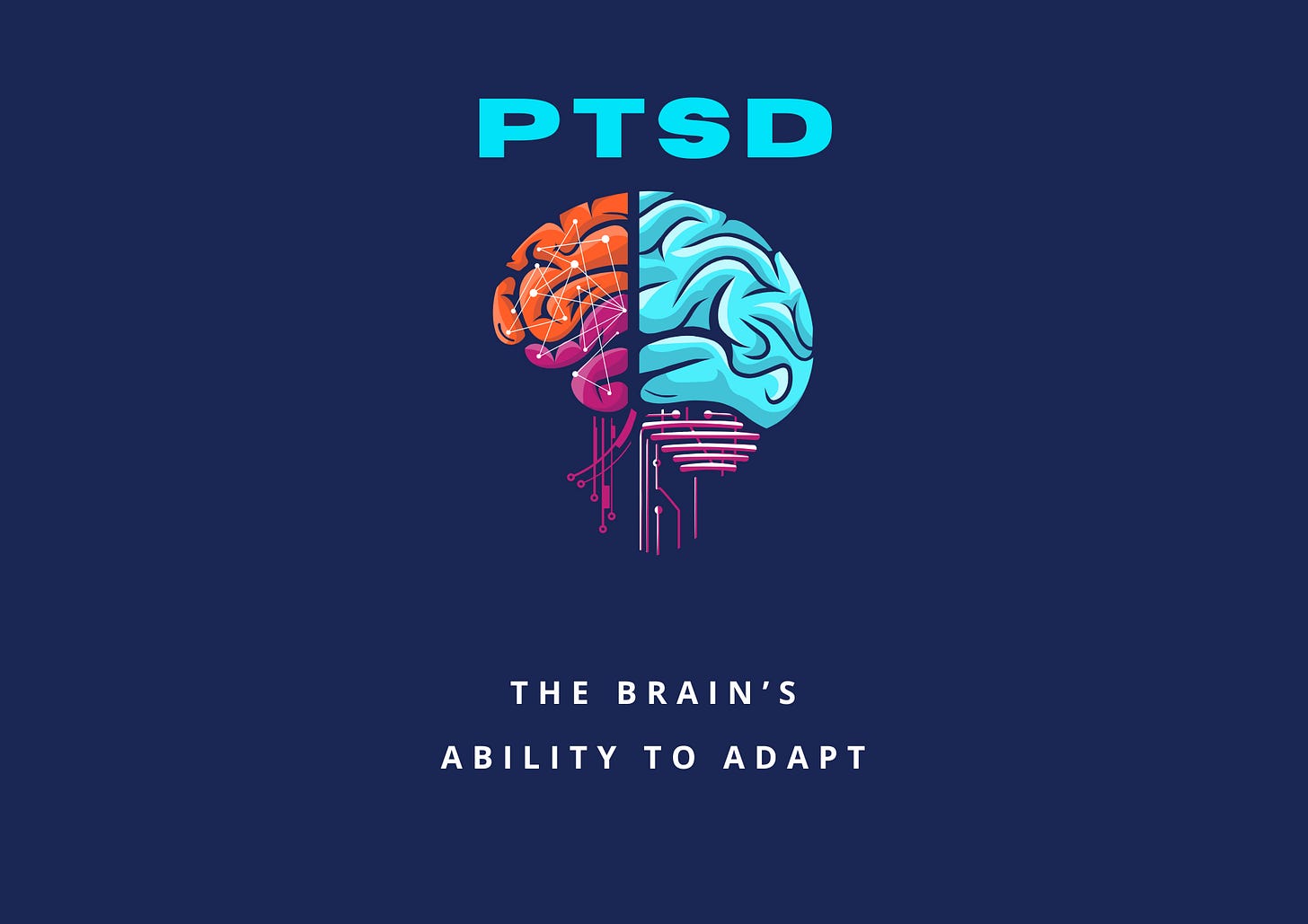The Weight of that Helmet
Marcus was an army pilot who flew helicopters in Afghanistan on many day and night missions, carrying soldiers to a firefight somewhere on countless dangerous missions.
You would always want this kind of man by your side; he was always willing to help. After leaving the army, Marcus believed his fighting days were over.
As the months passed, he noticed his leg twitching strangely. It would twitch wildly when he sat down to relax, and his heart would beat fast sometimes as if someone were striking him.
The next thing was the helmet. Whenever he saw a motorcycle helmet, a switch went off in his brain. Each time he saw these things, he felt like his military helmet was pushing down on him, crushing him in the chest.
Marcus had no idea why these things were happening. I heard him say, "I no longer engage in combat." "Why am I still experiencing this?"
He didn't understand how he felt until he talked to me, a veteran and psychologist who understands PTSD.
There was more to the “helmet” than just a sign.
As he got into the cockpit and put on his helmet while doing flight checks, he remained vigilant, prepared for any situation, and dedicated to safeguarding his troops.
Finally, when he saw a helmet, he said, "Get ready." You're not safe.
Despite the absence of a flight, his body remained entrenched in the past, exuding pain. No matter how hard his thoughts tried to protect him, the warning wouldn't go away.
It's not just Marcus's story. No matter if a police officer hears sirens, a firefighter breathes in smoke, or a nurse sees a patient's face, trauma can change the way the brain works. Even after the danger has passed, the brain continues associating certain sounds, pictures, and feelings with danger.
Marcus's brain could hear him say, "Thank you for trying to protect me, but I'm okay now," after getting help and therapy.
It wasn't easy; it took work, patience, and time.
However, the flight helmet did lose weight over time. You remain unharmed. Like Marcus's, your brain is constantly trying to keep you safe. Healing can begin when you listen with kindness and stop battling with yourself.
You've had enough of carrying the weight. You can move on.
Like Marcus, your brain is protecting you, not breaking you!
Insight about what the helmet represents:
Even after a military pilot leaves combat, the "weight" on their bodies and brains frequently persists. The helmet becomes more than just a piece of equipment; it symbolizes survival, responsibility, and attentiveness.
It teaches the brain to operate hyperaware, constantly assessing threats, managing anxiety, and making quick decisions that could save lives. The brain doesn't just return to its pre-external conflict state.
Why? Because of the brain's ability to adapt and learn through experience
Reach out if your brain is still engaged in Battle!







